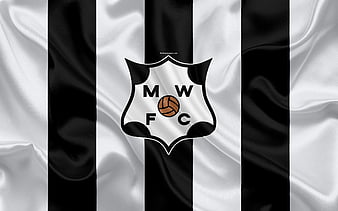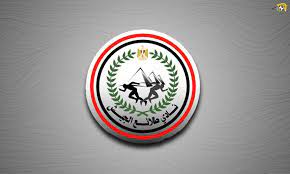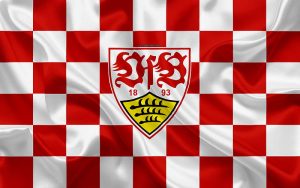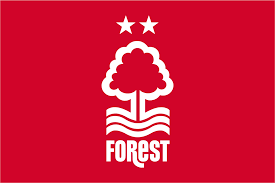
Montevideo Wanderers FC
Montevideo Wanderers FC is not just a football club; it represents a rich tapestry of history, culture, and passion within the heart of Uruguay. Founded in 1902, this storied club is one of the oldest in the country and has played a significant role in the development of Uruguayan football, contributing to its legacy both domestically and internationally. This blog post aims to delve deeply into the world of Montevideo Wanderers FC, examining its historical significance, cultural impact, and the pivotal moments that have defined its journey.
The Genesis of a Montevideo Wanderers FC
As we explore the beginnings of Montevideo Wanderers FC, it’s essential to understand the context in which the club was founded. Uruguay, at the turn of the 20th century, was undergoing tremendous social and economic changes. Football was quickly becoming the most beloved sport, and various clubs started to emerge throughout the country Five88.
The Birth of Montevideo Wanderers
The origins of Montevideo Wanderers FC can be traced back to the desire of a group of English expats and local enthusiasts to form a football club. They aimed to foster a sense of community while introducing the beautiful game to Uruguayans.
The founding members chose the name “Wanderers” to reflect the nomadic spirit of the club’s early days. Initially, they faced challenges related to resources and facilities, but their passion for the game never wavered. Their determination laid the groundwork for what would eventually become a prominent fixture in Uruguayan football.
Early Competitions and Challenges
In its nascent years, Montevideo Wanderers FC participated in various local tournaments, facing teams from other burgeoning clubs. As a newcomer, they were often met with skepticism by more established rivals. However, their tenacity soon turned heads, and they began making a name for themselves on the pitch.
Navigating through competitive leagues wasn’t easy, and Montevideo Wanderers FC encountered several obstacles along the way, including financial constraints and limited player availability. Yet, the club managed to build a solid foundation based on teamwork, camaraderie, and a shared love for football.
Establishing a Strong Identity
As Montevideo Wanderers FC grew, so did its identity. The club’s colors, black and white, became synonymous with its fierce spirit and resilience. Over time, these colors evolved into a symbol of pride for supporters who rallied behind the team through thick and thin.
This kind of loyalty is intrinsic to Uruguayan football culture, where fan engagement goes beyond mere attendance at matches. It embodies a commitment to the club’s values, history, and future aspirations. For Montevideo Wanderers FC, nurturing this bond with the fans would become an essential aspect of its journey.





